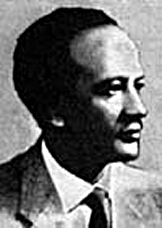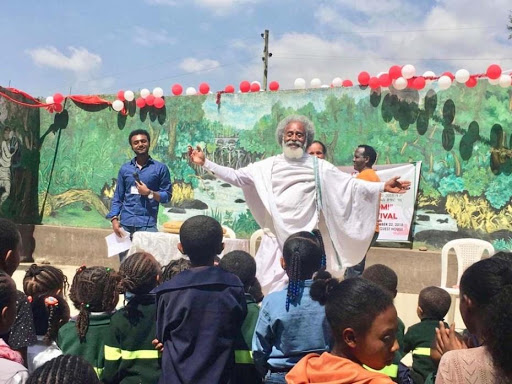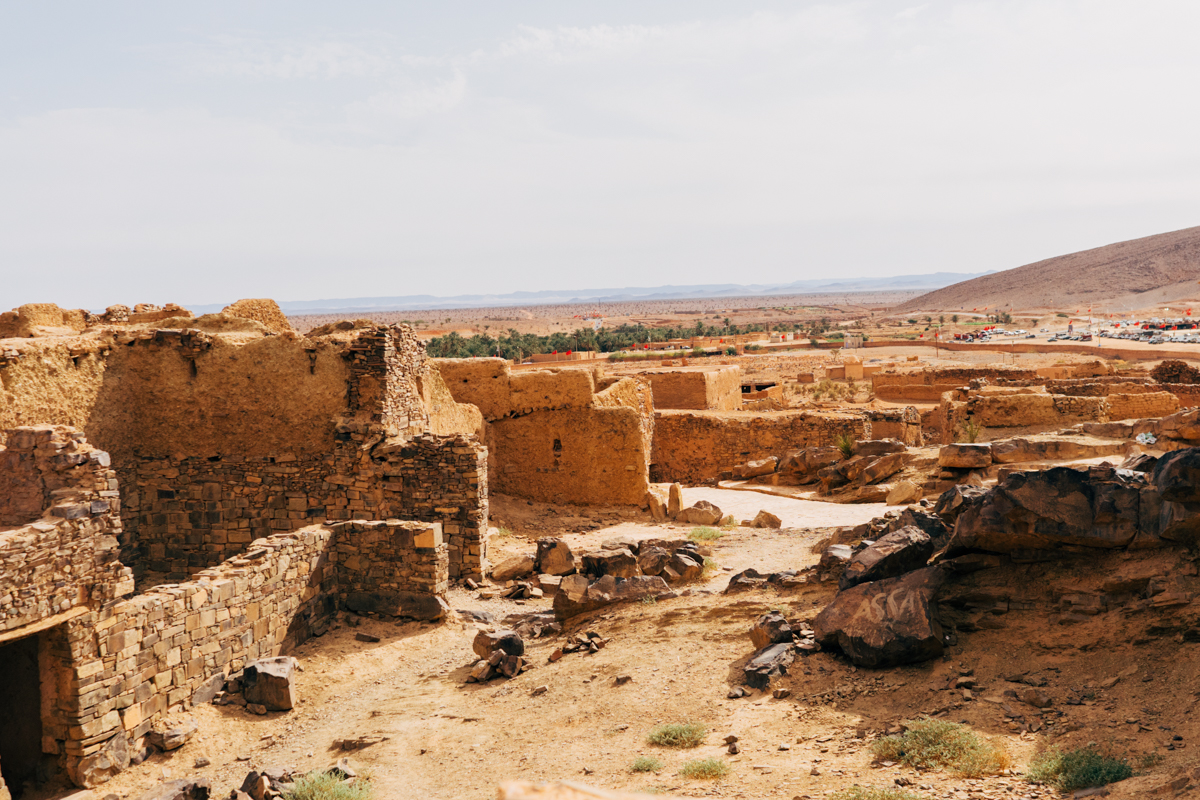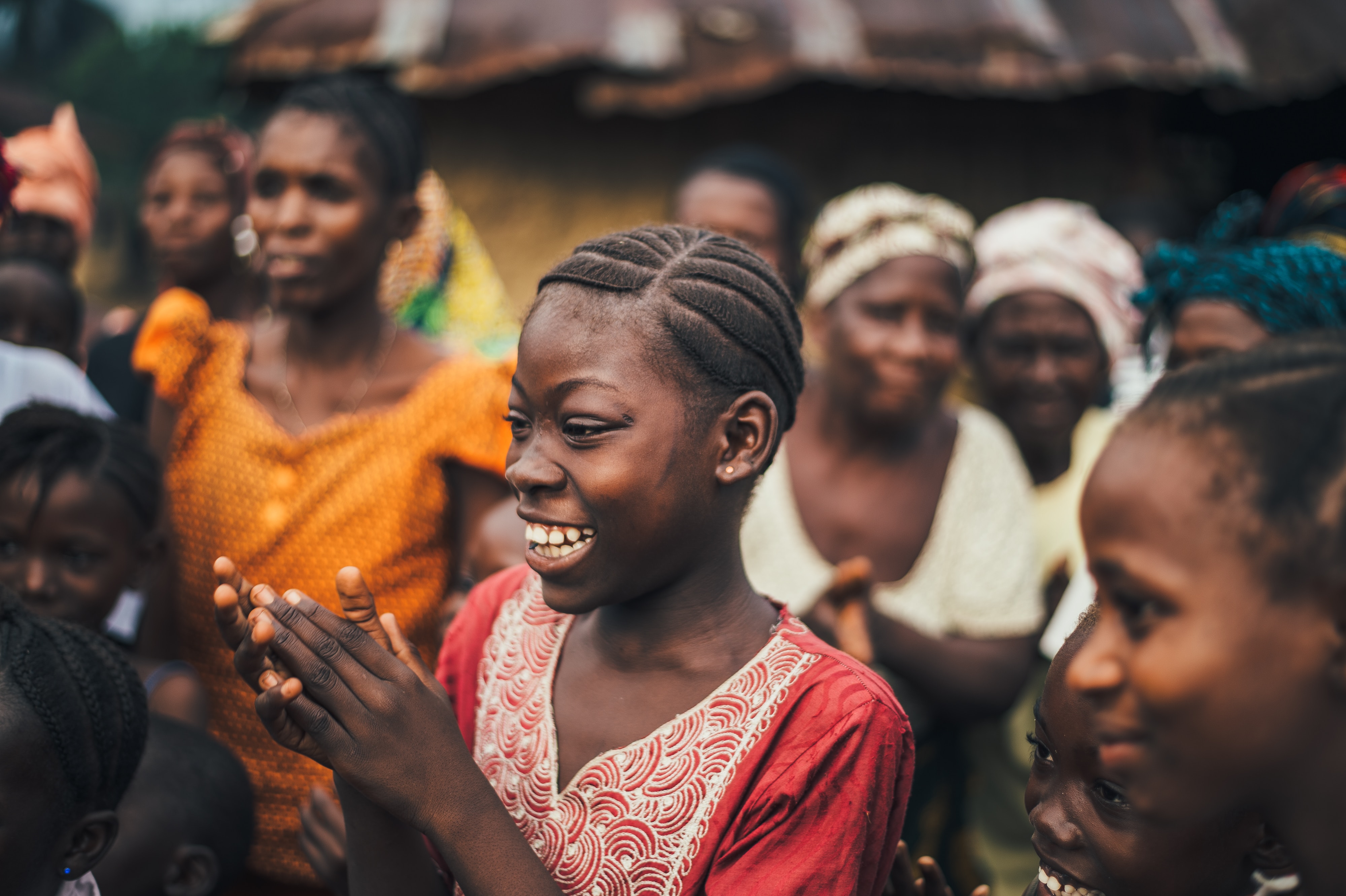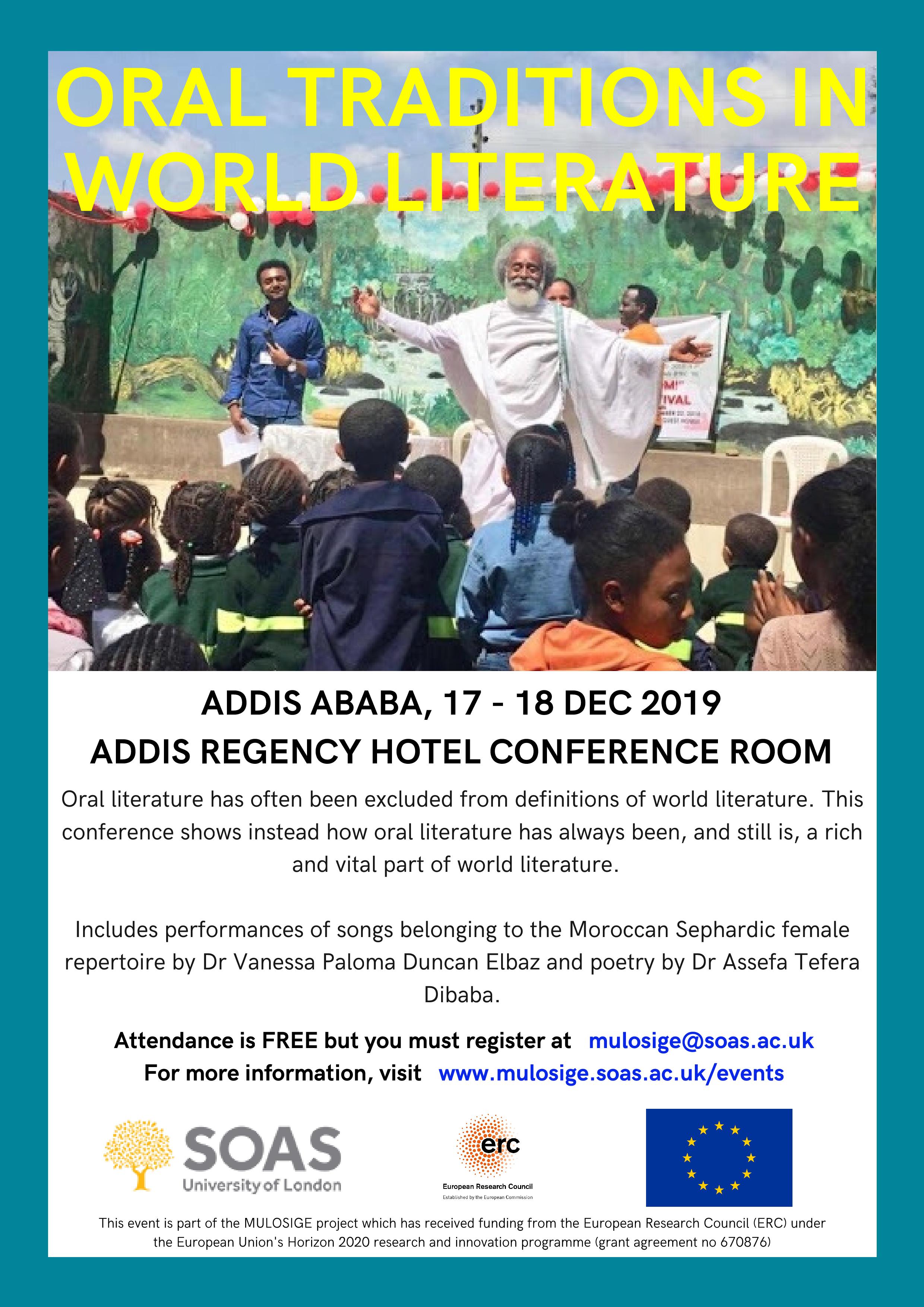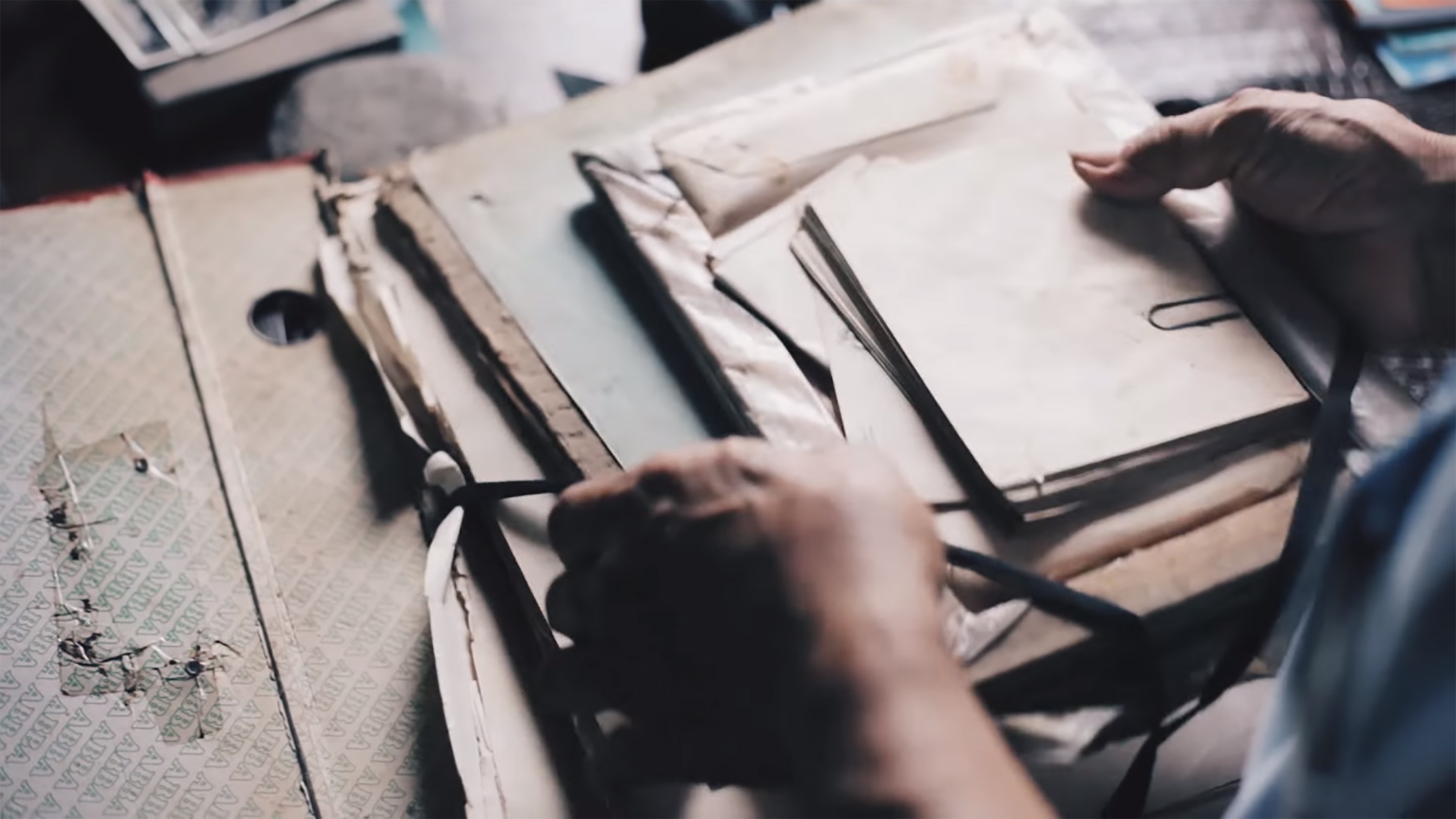.
In the medieval period, the Christian and Muslim parts of the Horn of Africa were well connected with centres of religious learning in the Eastern Mediterranean and Middle East, with a vast network of exchanges and translations between Geez, Arabic, Greek, Coptic, and Syriac. Mission stations set up by various European denominations in the 19th century coincided with a rapid increase in the volume of Tigrinya- and Oromo-language production, while in the imperial court Amharic gradually replaced Geez as the official language of the state.
From the beginning of the twentieth century Amharic saw a boom in fictional and non-fictional production, mostly linked to new state schools, newspapers, and publishing houses. The short-lived Italian colonial presence (1936-1941) did not significantly impact Amharic literary forms, styles and aesthetic values. Starting from the 1941 liberation, policies of cultural assimilationism reinforced the marginalisation of Ethiopian languages other than Amharic, such as Tigrinya and Oromo. International scholars have tended to reinforce the power relation between Amharic as the cultural centre of the region and “peripheral” literatures—thus allying themselves with the dominant language.
Although the issue of orality is perceived to be central to the literary and cultural heritage of the Horn of Africa, there is a general lack of comparative studies between the oral and the written and their interactions. MULOSIGE’s comparative focus on orature and written genres will show how the “local” in the Horn of Africa is layered and structured along networks of linguistic, cultural and political power relations.
Literary Activism, Ecologies of Production and Networks of Practice in Contemporary Africa Webinar
Madhu Krishnan is Professor of African, World and Comparative
Congolese Literature as World, or rather Planetary, Literature?
Watch Silvia Riva (University of Milan) discuss Congolese Literature as World, or rather Planetary Literature.
Mengistu Lemma: Amharic Playwright
Learn about the Amharic-language playwright, Mengistu Lemma, from MULOSIGE Investigator Dr Sara Marzagora.
Significant Geographies of African Literary Festivals – Talk
Claire Ducournau is a tenured Associate Professor in Literature
Oral Traditions in World Literatur: Conference Abstracts
MULOSIGE is organising the conference "Oral Traditions in World
Voices from Broken Places – Recording with Professor Assefa Dibaba
Dr Assefa (aka Asafa) Tefera Dibaba is a poet,




